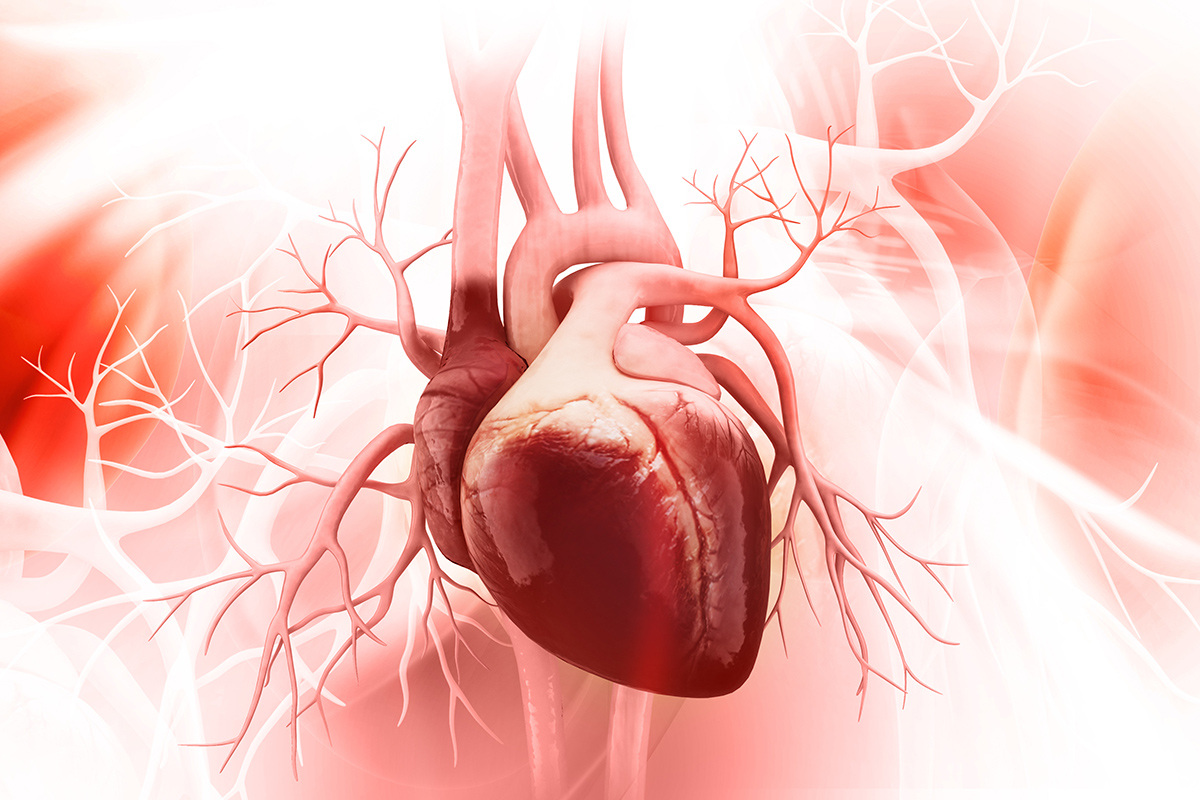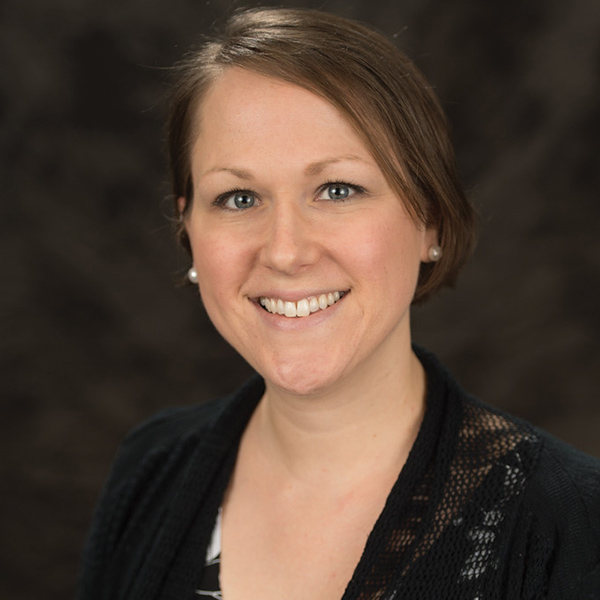Review of Societal Meetings: 29th International Symposium on ACHD

Health professionals involved in adult congenital heart disease (ACHD) care all over the world recently attended the 29th International Symposium on Congenital Heart Disease in the Adult in Stevenson, Washington.
This annual symposium is one of the largest gathering of ACHD professionals internationally and is a premier opportunity to learn about the biggest issues and newest advances in ACHD.
The meeting began with an introduction to contemporary influences in ACHD care, such as 3D printing to assist surgical planning and wearable personal devices to monitor heart rhythms. This discussion was followed by a session on controversies and remaining questions from the new ACHD care guidelines, published by the ACC and American Heart Association last year.
One major difference in these guidelines is the introduction of a new physiologic classification for ACHD, in addition to the pre-existing anatomic classification. Inclusion of physiologic stage recognizes that, for example, a "moderate" lesion such as tetralogy of Fallot can result in a wide range of functional impacts.
Stages are rated A-D, ranging from (A) no hemodynamic sequelae with normal exercise capacity and New York Heart Association Class I symptoms, to (D) refractory end-organ dysfunction, Eisenmenger Syndrome and/or Class IV symptoms. The goal of this change is to provide a more comprehensive assessment of clinical status, informed by data which has prognostic value.
Other areas of focus were the pulmonary vasculature and pulmonary hypertension, transcatheter interventions, right ventricle disease, and Fontan management. In addition to didactic sessions, research was highlighted with posters and oral presentations, and the Symposium featured activities such as a networking lunch and job fair specifically for Fellows-in-Training.
There seemed to be two overarching themes to the symposium: shared experiences and wellness. Research efforts in ACHD are strengthening, but in the meantime, we continue to rely on expert advice and extrapolation from other diseases as well as cohorts of older ACHD patients.

Utilizing meetings such as this symposium to share difficult cases, experiences with new technologies and debate management approaches helps us pool our knowledge to spark new ideas and collaborations. Experiences with implantable pulmonary artery pressure sensors, heart failure management for systemic right ventricles and pregnancy in complex ACHD are a few examples of topics discussed.
Many of our patients continue to face long-term challenges and a great deal of unknown, and the focus on quality of life continues to grow. In addition to hearing from international experts on medical and surgical management, the symposium also incorporated renowned speakers on patient engagement, empowerment, exercise, and promoting patient and provider wellness.
In line with this latter topic, one afternoon session was deemed an "afternoon outdoors," during which attendees participated in activities such as hikes, golf and painting.
Overall, the symposium was an informative and impactful meeting, overflowing with learning and networking opportunities in a warm and collegial atmosphere. I am very thankful to have been able to attend this meeting, and I look forward to next time!
